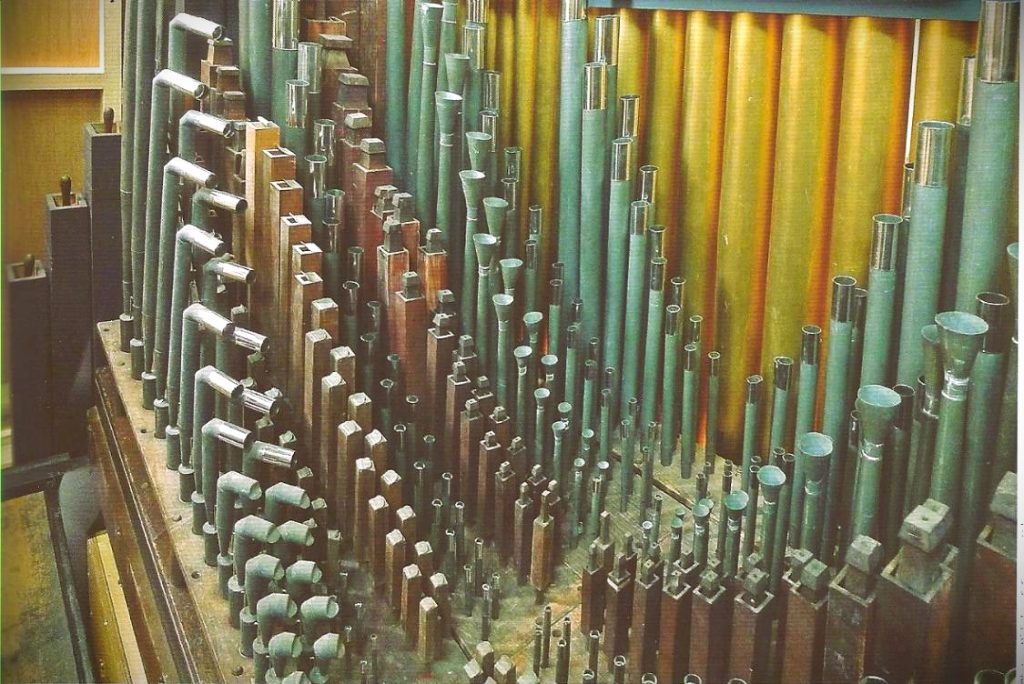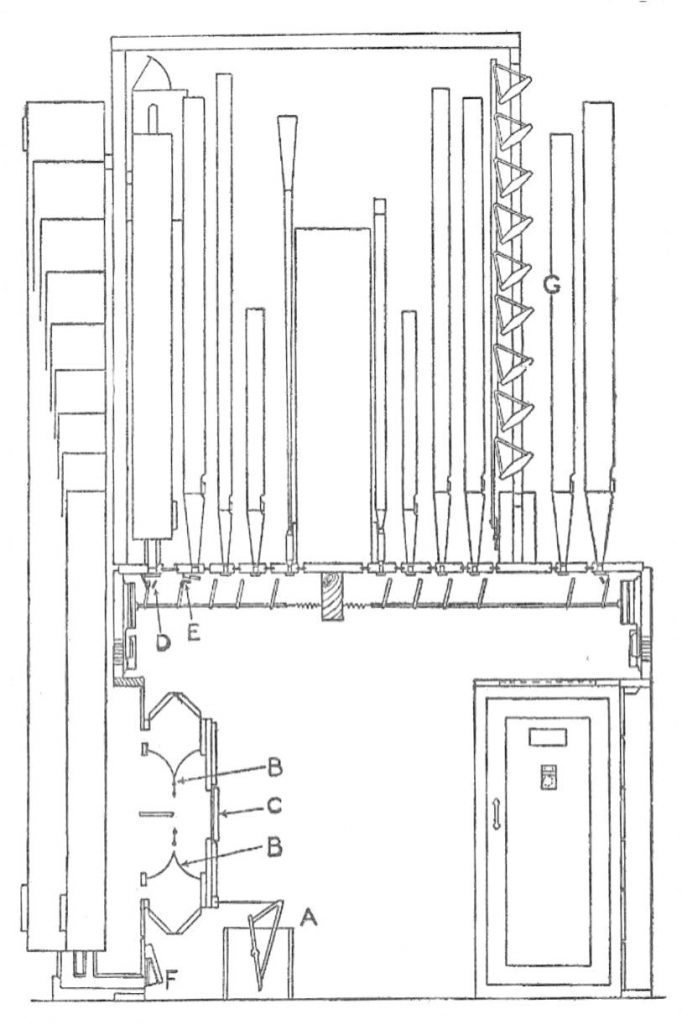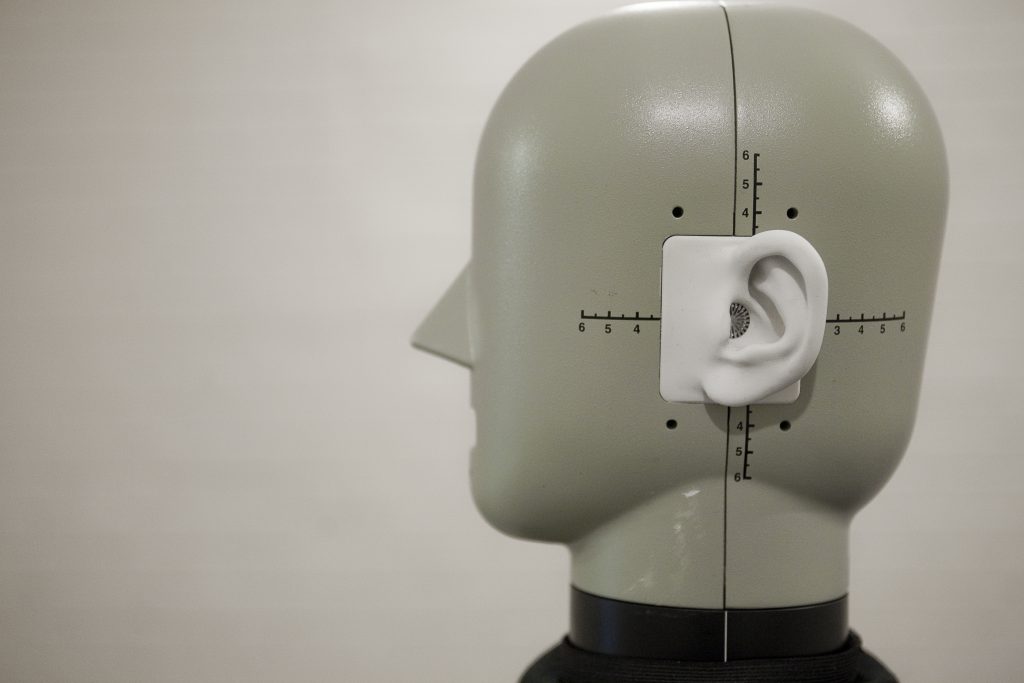Speaker: Dr Alan J Taylor
Wed 24th April 12:00 – 13:00 UK time. This seminar will be held in person in Newton 240 and on Teams – you can join via this link.


Abstract:
The presentation gives a brief history of the pipe organ together with the anatomy of a typical instrument. At the heart of the organ is the wind system and the “King of Instruments” is silent unless the pipes are feed with an adequate air supply. Weighted and sprung wind systems are examined and the effects on organ pipe flutter. The unwanted amplitude modulation of the pipes can often be avoided, and an application is presented to minimise organ pipe flutter by predicting the resonant frequency of a weighted or sprung reservoir. The presentation concludes with examining the “shaking stop” which is designed to use the resonant properties of the reservoir.
Biography:
Alan Taylor graduated from Salford University in 1969 with a degree in Civil Engineering. After a period working on various civil engineering projects, in 1979 he founded A J & L Taylor Ltd. to manufacture software-controlled pipe organ control systems. The first system used 256 bytes of memory and is still working today over 45 years later. In addition to producing control systems the company also developed a range of other organ related products which are to be found in chapels, churches, cathedrals and concert halls throughout the world. Since retirement in 2006 he has concentrated on pipe organ wind systems and in 2019 completed a post graduate research degree. Today’s presentation focuses on this research with particular reference to reservoir resonance.
Alan’s PhD Thesis can be found at https://salford-repository.worktribe.com/output/1374683/the-effects-of-centrifugal-blowers-control-valves-attenuating-devices-and-reservoir-resonance-on-organ-pipe-flutter.
